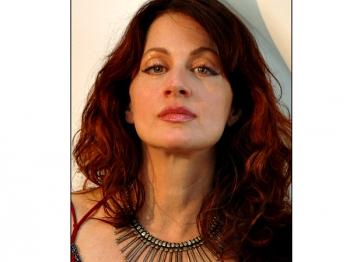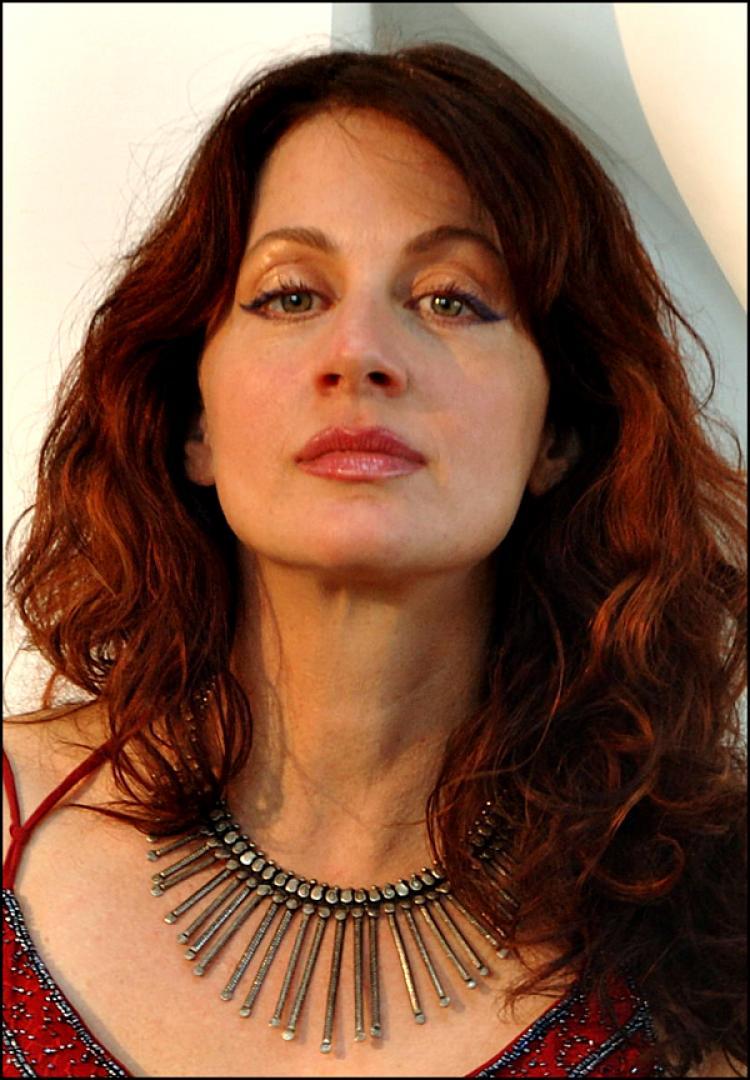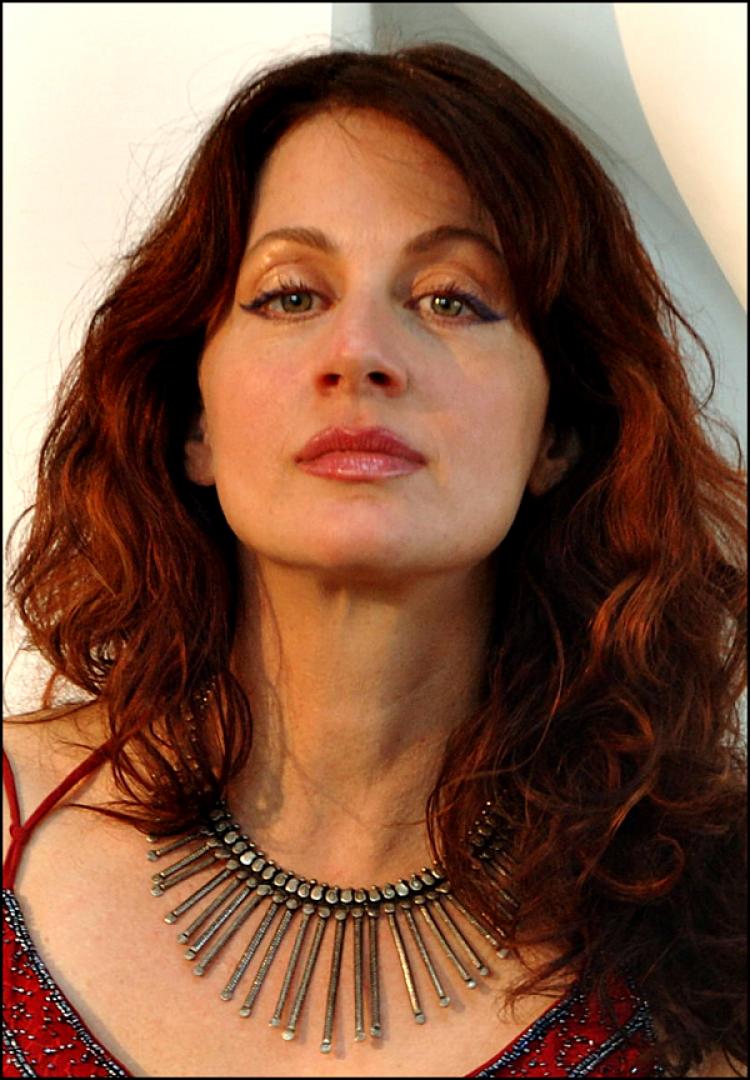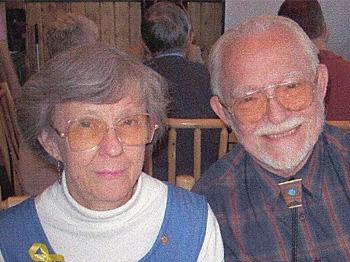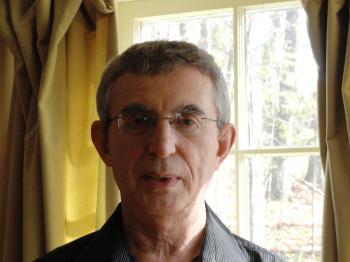This story shows how, once again, good can come out of bad.
Yvonne Bruner’s mother, Edith Meckel, died when Yvonne was on the road with the Big Hat Band during a terrible ice storm. When she had to sing on stage that night, she chose, against the bandleader’s wishes, an innocent, sweet song that would have pleased her mother.
Yvonne, a native of Clovis, New Mexico, went on to complete a degree in creative writing and English literature. She studied yoga, quit smoking, became a vegetarian, and sang at church memorials.
Sometimes when she looks into the mirror, Yvonne sees her mother’s image staring at her: “The German jaw, green eyes, dark hair, very slim, big nose.”
As her mother’s life has laid its spell on her, she has thought of W. H. Auden’s words: “In the nightmare of the dark, all the dogs of Europe bark. … In the prison of his days, teach the free man how to praise.”
Her mother was raised in Frankfurt during WW II, but never spoke of her experience. “Something dark remained over which she had drawn a curtain none could raise,” says Yvonne.
After Hitler’s unspeakable horrors, two of Edith Meckel’s siblings killed themselves. “But my mother’s father was able to resist the Nazis in his own way. Ernest Meckel heard that there was going to be a raid on the Jews, so he went to the ones he knew, and told them to get out of town. He hid one family for two days until they could get out of town.”
No wonder Yvonne’s favorite quotation is from Mahatma Gandhi: “Be the change you want to see in the world.”
She says it took her mother great courage to leave the sadness of Frankfurt behind and sail for America in 1957 with just enough money for the bus fare from New York to Travis Air Force Base, California. She had no money for food. One of the bus drivers bought her a meal halfway through the trip.
Edith met Henry F. Bruner, Jr., an airman, in church. “They had been dating one month and were already talking about being married,” Yvonne says. “A friend, a captain’s wife, told her that she was too good for a two-stripe airman and tried to set her up with an officer.”
But to the captain’s amazement and anger, Edith chose to remain with the two-stripe airman.
Henry’s mother, Violet, refused to attend the wedding: She didn’t like Germans because of the war. Yvonne says, “They just showed up at the door, and after an awkward beginning, they became best friends and called each other to talk often.”
Looking back over her mother’s life, Yvonne has found “reality instructors” who have taught her new life-lessons. She says, “I am always aware of the fragility of people. I have become other-directed. While achievements are important, I no longer pursue achievements.”
“I have put the direction of my life into a family of friends based on affinity. My father has done that too. He does social work with senior citizens, even though he says his best job was with the Air Force.”

